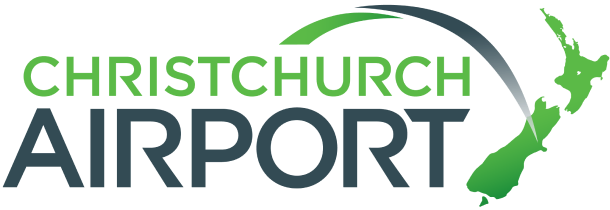For the full experience please download a modern browser. Click here to find a modern browser or discuss with your IT department.

Environment
A new airport can fit into a low carbon future – in fact, new airport infrastructure is being developed and expanded all around the world and New Zealand.
Aviation underpins the world economy and this will continue – although flights in the future will be lower carbon.
The aviation industry accounts for 2.5% of global CO2 emissions but constributes up to 4% of global warming when we take non-CO2 impacts on climate into account. Global aviation is taking urgent action to address climate change through decarbonisation.
New generations of low carbon aircraft are in development and the testing of new sustainable aviation fuels (SAFs) shows they could cut emissions by 80%.
In New Zealand, SAFs are likely to be the main solution to decarbonise long-haul flights while zero carbon hydrogen and electric planes will be used on domestic routes.
Air New Zealand’s Flight NZO project is leading the airline’s efforts to reach its goal of net zero carbon emissions by the year 2050.
Every airport has a role to play. As well as decarbonising their own operations, airports need to ensure their infrastructure will enable the use of low carbon aircraft and fuels.
The aviation industry has a strategy to reduce its impact.
The International Civil Aviation Organization (ICAO) is funded and directed by 193 governments, including New Zealand. To address climate change, ICAO introduced two primary goals in 2010:
- To improve fuel efficiency annually by 2% from 2010 onwards,
- To achieve carbon neutral growth from 2020.
To achieve this, the ICAO has developed a four pillar strategy to focus efforts to decarbonise aviation:
- Operational improvements
Zero carbon airports, efficient ground operations, low carbon ground technology - Aircraft technology
Improving current aircraft design, fuel efficient flying, new low and zero carbon aircraft (electric and hydrogen) - Sustainable Aviation Fuels
SAFs can deliver an 80% reduction in emissions - Carbon offsetting
The Carbon Offsetting and Reducing Scheme for International Aviation (CORSIA) will require airlines to offset CO2 emissions from international flights.
